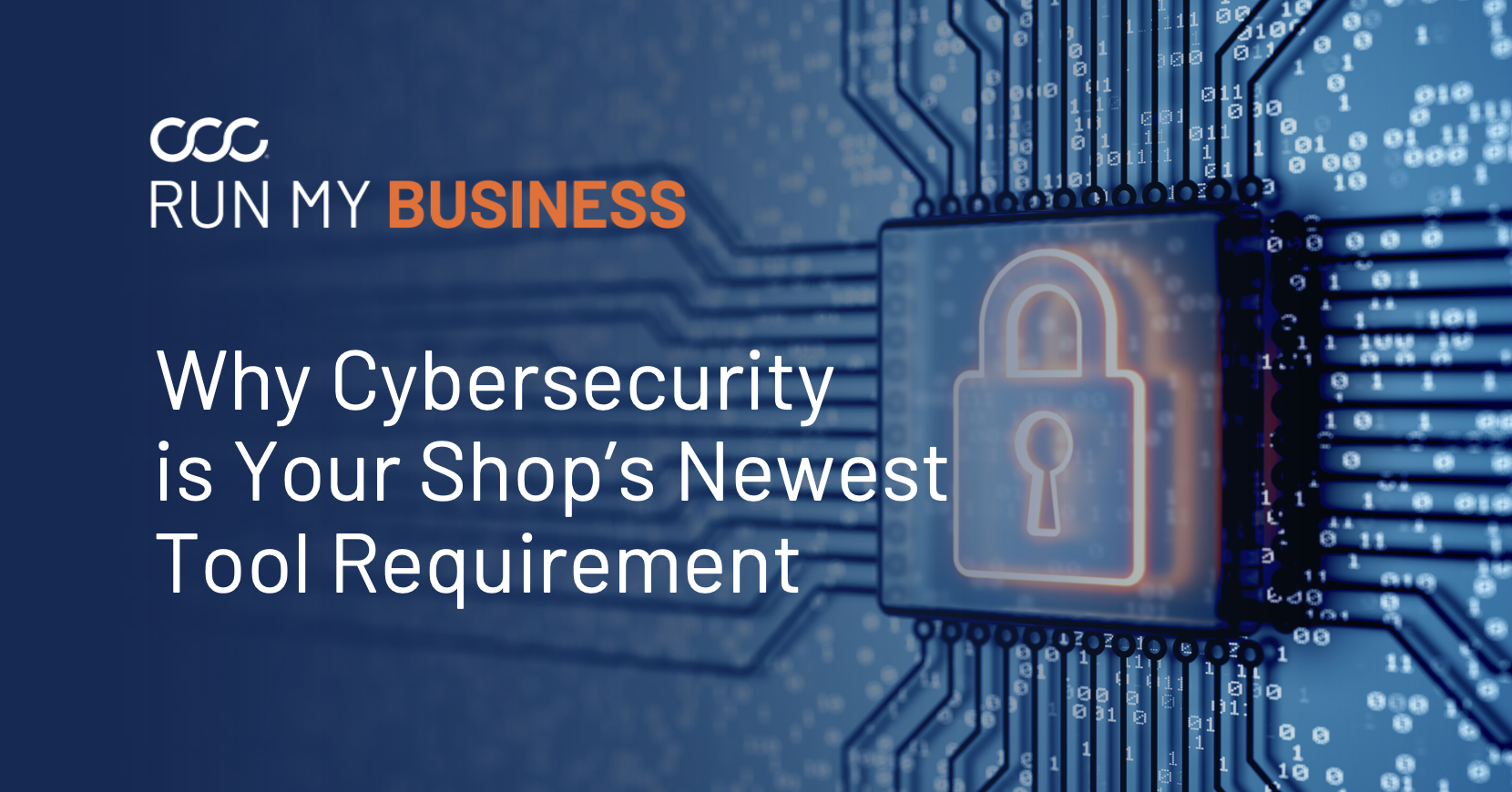Most collision shop owners know customer reviews shape their reputation. But few realize that how they respond across every platform can directly impact local search rankings and help attract new customers.
Every review response is an opportunity. It signals to Google that your shop is active and engaged, helps boost your visibility in local search, and shows potential customers that you value feedback and stand behind your work. It also adds keyword-rich content that makes your business easier to find online.
Crafting Effective Review Responses
How you respond to reviews reflects your shop's professionalism. For positive feedback, personalization is key. Use the customer's name and mention the specific service you provided; this shows you're attentive and naturally incorporates relevant keywords.
Negative reviews deserve the same attention. Acknowledge concerns professionally, avoid defensiveness, and invite the customer to continue the conversation privately to find a resolution. Keep your public response empathetic and helpful, never revealing customer details or making excuses.
You can also save time by creating templates for common review scenarios or Q&A responses. Templates ensure consistency, but always customize them to keep your tone genuine.

Keyword Integration in Review Responses
As you craft your responses, remember that Google indexes reviews just like any other content on your profile, making them valuable SEO real estate. The key is incorporate keywords naturally without sounding robotic.
Use complete service names rather than shorthand, and include your business name, location, or certifications when they fit naturally. Build a keyword bank specific to collision repair and rotate through different terms instead of repeating the same ones.
Encouraging More Quality Reviews
It's not enough to just get a few reviews — fresh reviews signal activity to Google and serve as social proof that influences customer decisions. Shops with recent reviews rank higher and earn more trust.
Place QR codes linking to your review page on receipts, business cards, and in your waiting area. Train your team to recognize the right moment to ask satisfied customers to share their experience.
Follow up within 24 hours of service completion with a text or email that includes a direct link to your review page. People are most likely to leave feedback when their positive experience is still fresh.
Managing Reviews Across All Platforms
While Google reviews matter most for local rankings, customers still check Facebook, Yelp, Nextdoor, Bing, and more. Many compare feedback across platforms before choosing a shop. Responding consistently builds trust and reinforces the positive digital signals search engines rely on.
Managing reviews across multiple platforms can feel overwhelming, but tools like CCC Amplify can help. It consolidates all your reviews into one dashboard where you can use templates, AI-generated responses, or custom workflows to respond efficiently without sacrificing quality.
Converting Reviews into Marketing Assets
Don't let your best reviews stay buried on review platforms. Share them on your website, social media, or in Google Posts to keep your profile active and engaging.
Each month, highlight one standout review that tells a story and share it on social media or in a Google Post. This extends the impact of positive feedback while demonstrating your expertise to a wider audience.
Review responses aren't just customer service. They're a powerful tool for building your reputation, boosting visibility, and winning more customers. When you treat every review as a chance to engage, optimize, and amplify your message, you turn a simple feedback loop into a steady growth engine for your shop.
To learn more about how you can partner with CCC to help your business thrive, visit www.cccis.com/sem/run-my-business.






